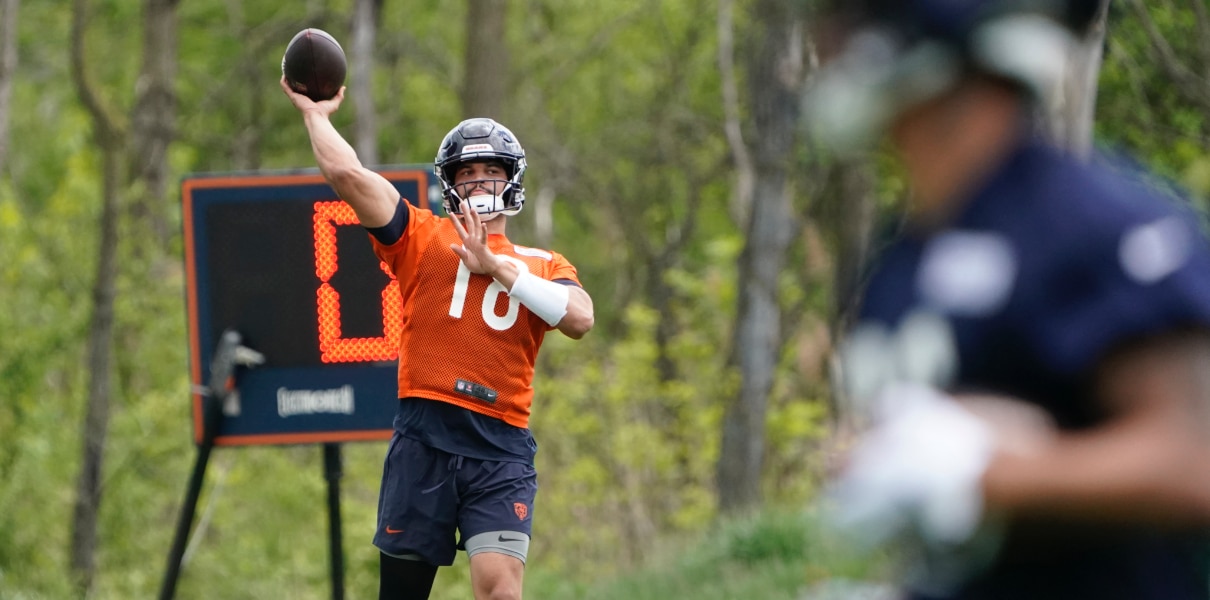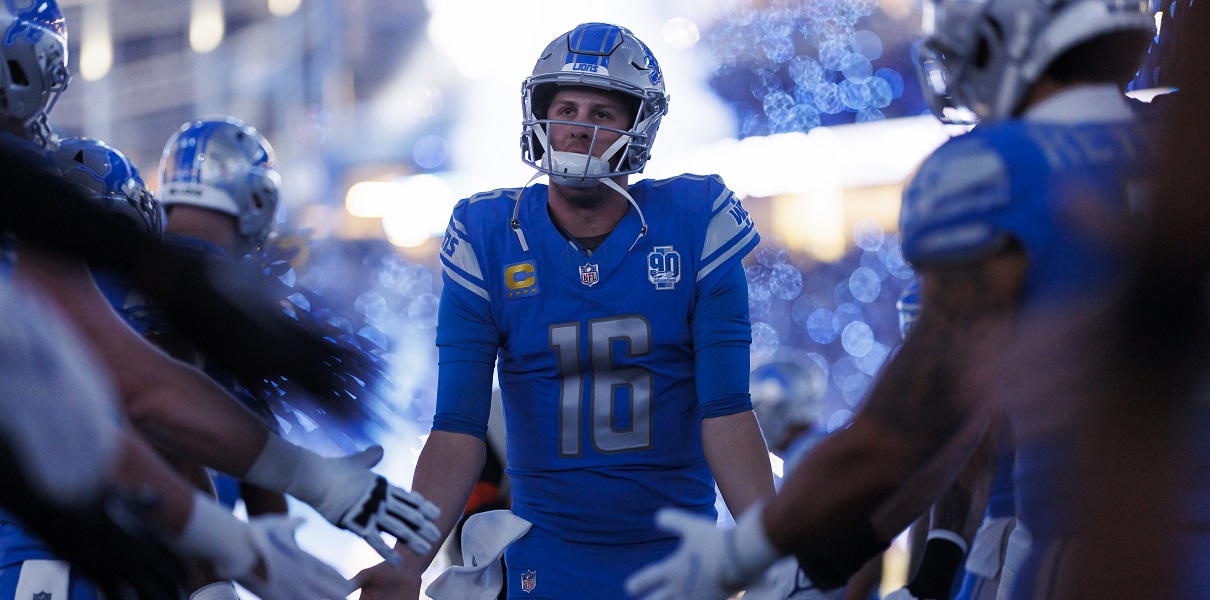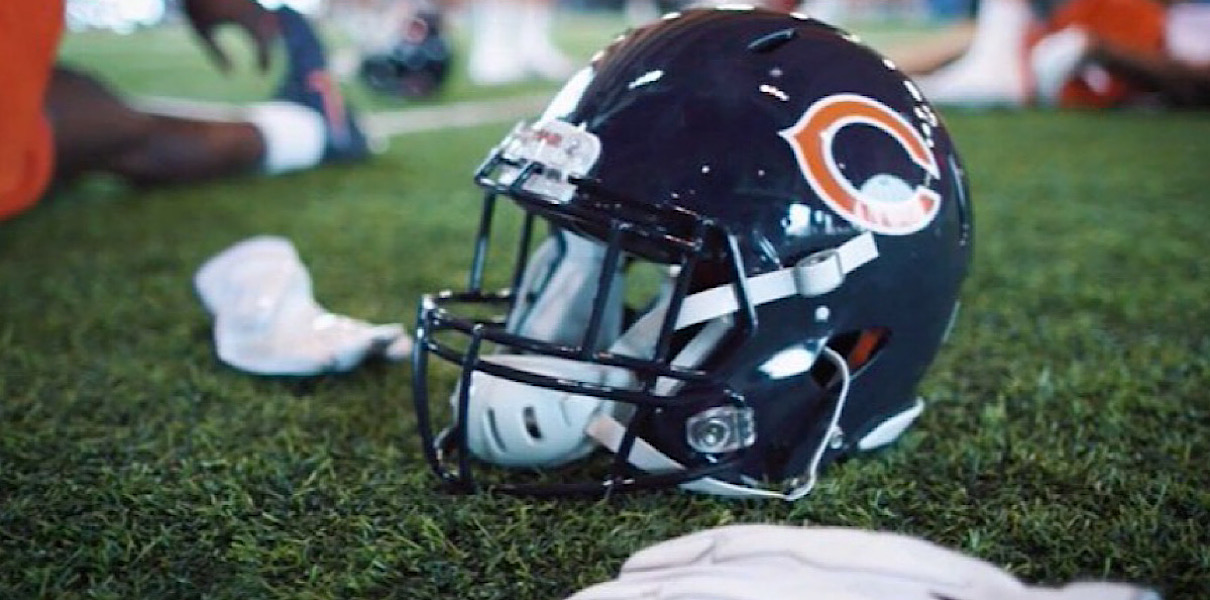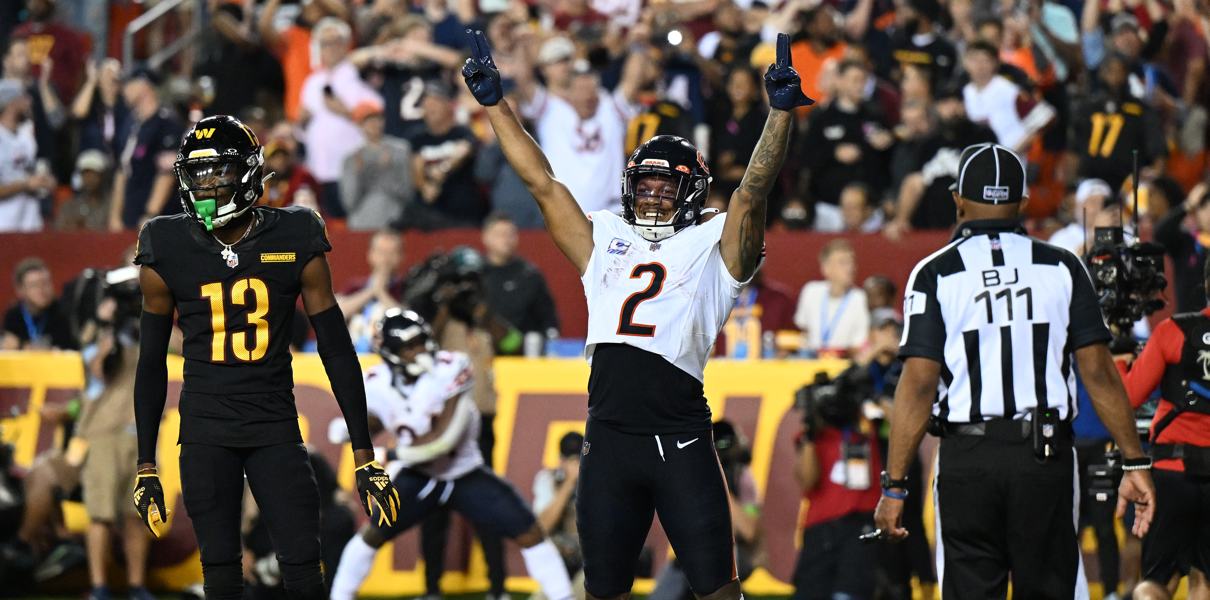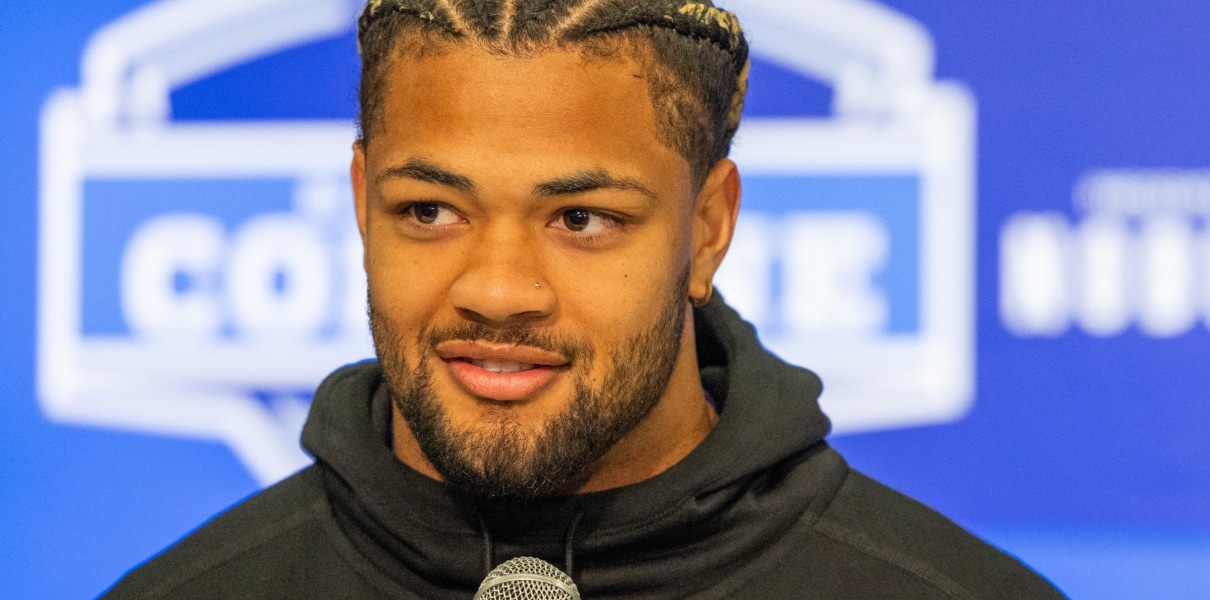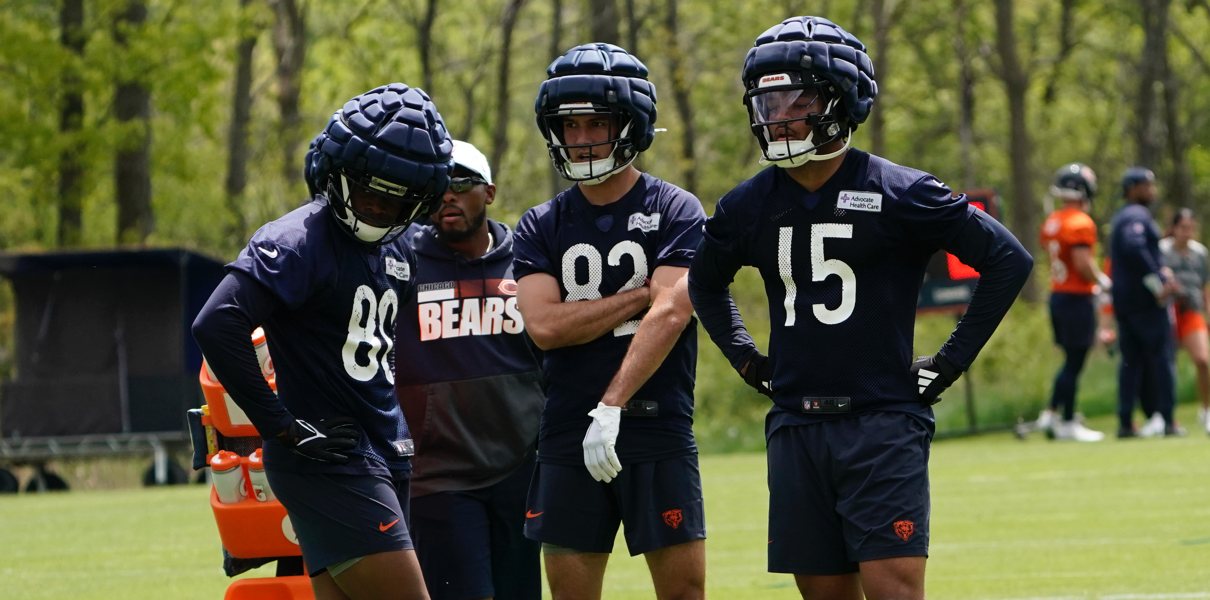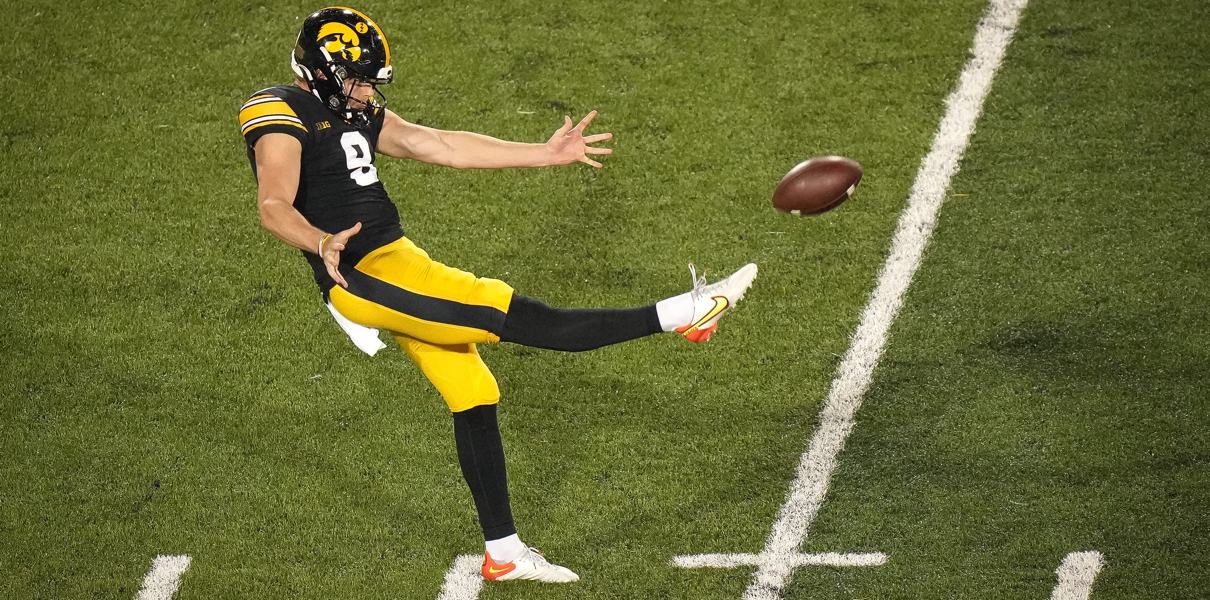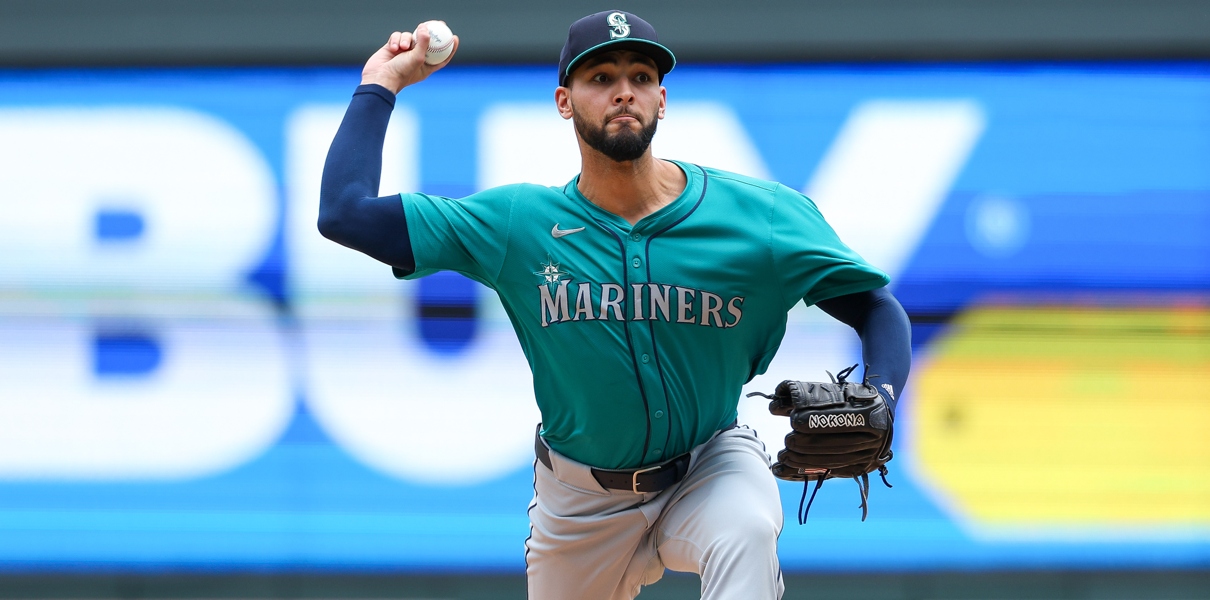Jordan Howard’s career with the Bears was productive … but brief. He was traded to the Philadelphia Eagles a week ago, and if you’re wondering why, just know that you’re not alone.
Here’s Howard on the move: “I’m not really sure,” Howard said during his introductory press conference when asked why the Bears traded him. “They made a decision. They wanted to move on. I can’t be mad at that or have hard feelings about that.”
While Howard said he wasn’t sure why the Bears traded him, a later explanation of the system Bears Head Coach Matt Nagy deploys offers up the answer he (and others) have been looking for since the trade went down: “Really, just the way his system … we had so many options,” Howard said. “He likes to spread the ball around a lot, so for one game, it can be one guy, and the next game it could be another guy, so you never really know.” A-ha! There it is.
When Howard was putting up 1,000-yard rushing seasons and growing into a fan favorite despite some lean early years when the Bears offense didn’t light up the scoreboard despite his best efforts, he wasn’t just the bell-cow back of the offense – he was the offense. Much like a volume shooter in basketball who takes a healthy chunk of the shots because he’s the best player on the team, Chicago’s old offensive system revolved around Howard being the guy who received the most touches because he was the most talented of the bunch. And while Howard thrived in that role in his first two seasons, his yards per carry falling to 3.7 might have served as something of a red flag in the front office.
There is something to be said that Chicago is in a better situation now that it doesn’t have to force the square peg in the round hole out of necessity. Unfortunately, one of the teams they figure to be competing with for supremacy in the NFC is better because of it.
The Bears are moving away from a one-back offense to spread the wealth. And why wouldn’t they? Tarik Cohen, Allen Robinson, Taylor Gabriel, Anthony Miller, and Trey Burton each proved to be playmakers in the first year in Nagy’s offense (Michael: And a lot of those guys have some pretty serious flexibility, too). As soon as the need for one running back carrying the freight was gone, the Bears decided to move on.
None of that is to say that Howard wouldn’t have had a role in the offense, because he certainly could have been a piece to the puzzle who could have helped the Bears reach their ultimate goal. But Howard wasn’t having the same impact in a diminished role as he had when he was the focal point of the offense. That much is clear.



